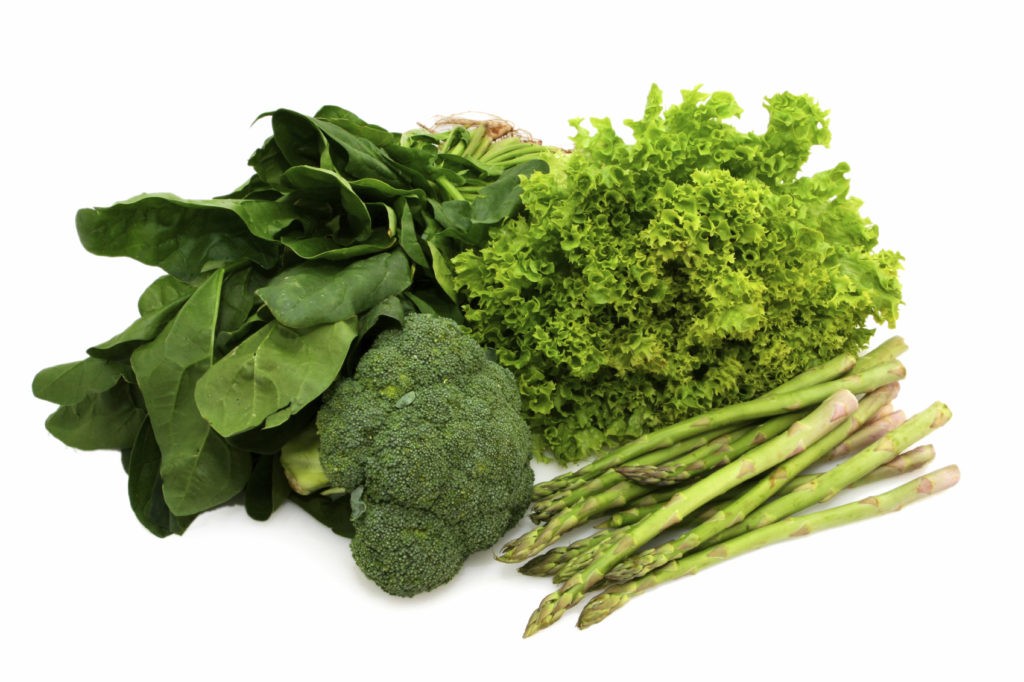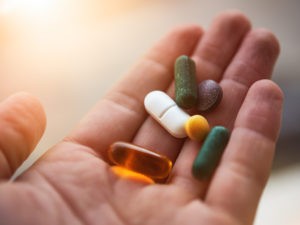
Diagnosed with Cancer? Your two greatest challenges are understanding cancer and understanding possible side effects from chemo and radiation. Knowledge is Power!
Learn about conventional, complementary, and integrative therapies.
Dealing with treatment side effects? Learn about evidence-based therapies to alleviate your symptoms.
Click the orange button to the right to learn more.
- You are here:
- Home »
- Blog »
- side effects ID and prevention »
- Non-Toxic Diabetes Control
Non-Toxic Diabetes Control

Why is a cancer coach writing about non-toxic diabetes control? While the focus of PeopleBeatingCancer is cancer, I have to also admit that I am interested in evidence-based non-conventional, non-toxic therapies that can help most any chronic disease.
In the case of the two articles linked and excerpted below, therapies talking about non-toxic diabetes control.
What types of non-toxic diabetes control are there?
- Healthy Diet: Focus on a balanced diet rich in fruits, vegetables, whole grains, lean proteins, and healthy fats. Avoid processed foods, sugary snacks, and beverages high in added sugars.
- Regular Exercise: Engage in regular physical activity to help control blood sugar levels and improve insulin sensitivity. Aim for at least 150 minutes of moderate-intensity exercise per week, such as brisk walking, swimming, or cycling.
- Weight Management: Maintaining a healthy weight can significantly improve blood sugar control. Losing excess weight through diet and exercise can reduce insulin resistance and lower the risk of complications associated with diabetes.
- Stress Management: Chronic stress can affect blood sugar levels and exacerbate diabetes symptoms. Practice stress-reducing techniques such as meditation, deep breathing exercises, yoga, or hobbies that you enjoy.
- Adequate Sleep: Poor sleep habits can disrupt hormone levels and lead to insulin resistance. Aim for 7-9 hours of quality sleep per night to support overall health and diabetes management.
- Regular Monitoring: Keep track of your blood sugar levels regularly to understand how your body responds to different foods, activities, and medications. This information can help you make informed decisions about your diabetes management plan.
- Natural Supplements: Some natural supplements, such as chromium, magnesium, cinnamon, and alpha-lipoic acid, may help improve blood sugar control. However, it’s essential to consult with a healthcare provider before taking any supplements to ensure they are safe and appropriate for you.
- Alternative Therapies: Practices like acupuncture, biofeedback, and herbal medicine may complement conventional diabetes treatments and help manage symptoms. However, always consult with a qualified healthcare professional before trying alternative therapies.
- Education and Support: Joining diabetes support groups, attending educational classes, and working closely with healthcare providers can provide valuable information, encouragement, and resources to help you effectively manage your diabetes.
Keep in mind that my most serious late stage side effect of aggressive cardiotoxic chemotherapy was the diagnosis of chemotherapy-induced cardiomyopathy and atrial fibrillation in late 2010. Like most people diagnosed with heart failure, I went to see a cardiologist.
The cardiologist said nothing about non-toxic therapies to manage my heart but Dr. Plana did prescribe metoprolol. Unfortunately I had a serious reaction to this drug and vowed to figure out non-toxic therapies that might help my heart health.
So I’m really writing this post for the diabetes patient who, like I was in early 2011, is looking for non-toxic diabetes control therapies.
Also remember that the idea that the list above (exercise, weight control, nutrition, supplementation, etc.) is interchangeable with those therapies that I do daily to manage my heart health. Also keep in mind that I don’t believe it is about yes or no, conventional or non-conventional.
The diabetes patient can pursue non-toxic diabetes control and still need a modest amount of insulin.
If you are interested in learning more about evidence-based non-toxic therapies to manage heart health, bone health, or brain health send me an email at
David.PeopleBeatingCancer@gmail.com
Hang in there,
David Emerson
- Cancer Survivor
- Cancer Coach
- Director PeopleBeatingCancer
Ginger, Cinnamon, Cumin Improve Glycemic Control
“The spices and aromatic herbs of the Mediterranean diet with significant benefits in improving glycemic health in type 2 diabetes are limited to ginger, cinnamon, and black cumin, turmeric, and saffron, with ginger, black cumin, and cinnamon having the strongest effects on fasting glucose, according to a systematic review and meta-analysis of research.
The meta-analysis also evaluated clove, thyme, turmeric, and various other spices and herbs common in the diet but showed no other correlations with glycemic benefits…
METHODOLOGY:
- In the analysis of 77 studies, 45, involving 3050 participants, were included in the meta-analysis and 32 studies in the systematic review.
- The studies’ inclusion criteria included adult patients with type 2 diabetes, with data on fasting glucose and/or A1c and/or insulin, and involving any supplementation with black cumin, clove, parsley, saffron, thyme, ginger, black pepper, rosemary, curcumin, cinnamon, basil, and/or oregano.
- The number of studies involving clove, parsley, thyme, black pepper, rosemary, basil, or oregano and their association with glycemic factors in people with type 2 diabetes was insufficient, hence the analysis primarily focused on the remaining five ingredients of cinnamon, curcumin, ginger, black cumin, saffron, and rosemary…
Effect of Aromatic Herbs and Spices Present in the Mediterranean Diet on the Glycemic Profile in Type 2 Diabetes Subjects: A Systematic Review and Meta-Analysis
“Background: The Mediterranean Diet (MedDiet) is the dietary pattern par excellence for managing and preventing metabolic diseases, such as Type 2 Diabetes (T2DM). The MedDiet incorporates spices and aromatic herbs, which are abundant sources of bioactive compounds. The aim of this study was to analyze the effect of all aromatic herbs and spices included in the MedDiet, such as
- black cumin,
- clove,
- parsley,
- saffron,
- thyme,
- ginger,
- black pepper,
- rosemary,
- turmeric,
- basil,
- oregano,
- and cinnamon,
on the glycemic profile in T2DM subjects.
Methods: PubMed, Web of Science, and Scopus databases were searched for interventional studies investigating the effect of these aromatic herbs and spices on the glycemic profile in T2DM subjects.
Results: This systematic review retrieved 6958 studies, of which 77 were included in the qualitative synthesis and 45 were included in the meta-analysis. Our results showed that cinnamon, turmeric, ginger, black cumin, and saffron significantly improved the fasting glucose levels in T2DM subjects. The most significant decreases in fasting glucose were achieved after supplementation with black cumin, followed by cinnamon and ginger, which achieved a decrease of between 27 and 17 mg/dL.
Conclusions: Only ginger and black cumin reported a significant improvement in glycated hemoglobin, and only cinnamon and ginger showed a significant decrease in insulin.


